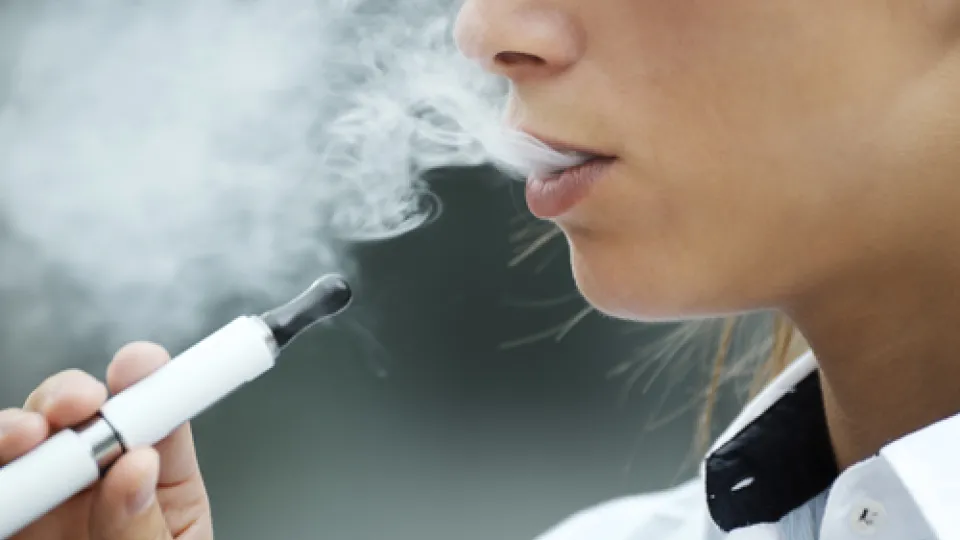
By now, everyone knows that smoking is bad for your health. Getting more people to quit smoking - or not to start in the first place - is a common goal for public health advocates.
Smoking causes lung problems, heart problems and increases the risk of many types of cancer. In the midst of all the hype, e-cigarettes and vaping tore through the smoke scene to offer an alternative. In short, it's a method that uses a battery to heat nicotine liquid, which creates vapor that can be inhaled.
A lot of people are switching to e-cigarettes because they smell better and it's believed that they're healthier than tobacco. Vaping is still a new trend so less is known about it, but studies are coming out that prove that e-cigarettes may not actually be less harmful than their traditional counterparts.
Particularly if you're pursuing a health care program at Concorde Career College, it's important to know about the risks of e-cigarettes.
"POPCORN LUNG"
You might have heard that in the 1990s many factory workers who produced microwave popcorn developed a lung disease called bronchiolitis, believed to be caused by exposure to the artificial butter flavoring used in the popcorn.
The chemical that creates the artificial butter flavor is called diacetyl, which is also present in the e-liquid used in vaping. Other chemicals that might damage respiratory function include acetoin and 2,3-pentanedione.
A Harvard University study found that diacetyl or one of the other two dangerous chemicals is found in the majority of flavored e-liquids. Inhaling these chemicals directly into the lungs may cause severe respiratory damage.
EXPLOSIONS
Our students' safety is a top priority at Concorde Career College. Although exposure to e-cigarettes has different risks compared to traditional cigarettes, there are some unique concerns.
The battery component of an e-cigarette can spontaneously start on fire, even in a pants pocket or purse. The lithium ion battery used appears to be a common link, and most of the reported explosions happened when there were two or more batteries stored together.
POISONOUS E-LIQUIDS
The e-liquids themselves are poisonous, and according to CNN, calls to poison-control hotlines have skyrocketed since 2010.
Just this week, Medical News Today reported that "in using the device, smokers are risking their airways and immune systems. They are also enhancing the conditions for colonizing bacteria, including some deadly strains."
Children are particularly vulnerable to the dangers of ingesting e-liquids because the liquids often smell and taste sweet. Regular vapers also find it difficult to avoid the occasional e-liquid spill, and the skin absorbs the nicotine and other chemicals.
TOO GOOD TO BE TRUE?
Like wanting to eat non-stop without getting fat, the concept of a safer way to get nicotine than smoking is understandably appealing for those who currently smoke.
But the combination of appealing flavors and the lack of the telltale scent of cigarette smoke means that teens are trying vaping after years of declining smoking rates. Health advocates are concerned that vaping may be a gateway to full-fledged smoking.
E-cigarettes are promoted as a safer alternative to smoking because the liquids don't burn tar, but researchers still aren't sure about the long-term effects of their use and we can't presume their safety.
Concorde Career College wants our students and our community members to live healthy, productive lives. One step toward a healthier future includes giving up nicotine addiction in every form.
Take The Next Step Towards a Brighter Future
We have a Concorde representative ready to talk about what matters most to you. Get answers about start dates, curriculum, financial aid, scholarships and more!




